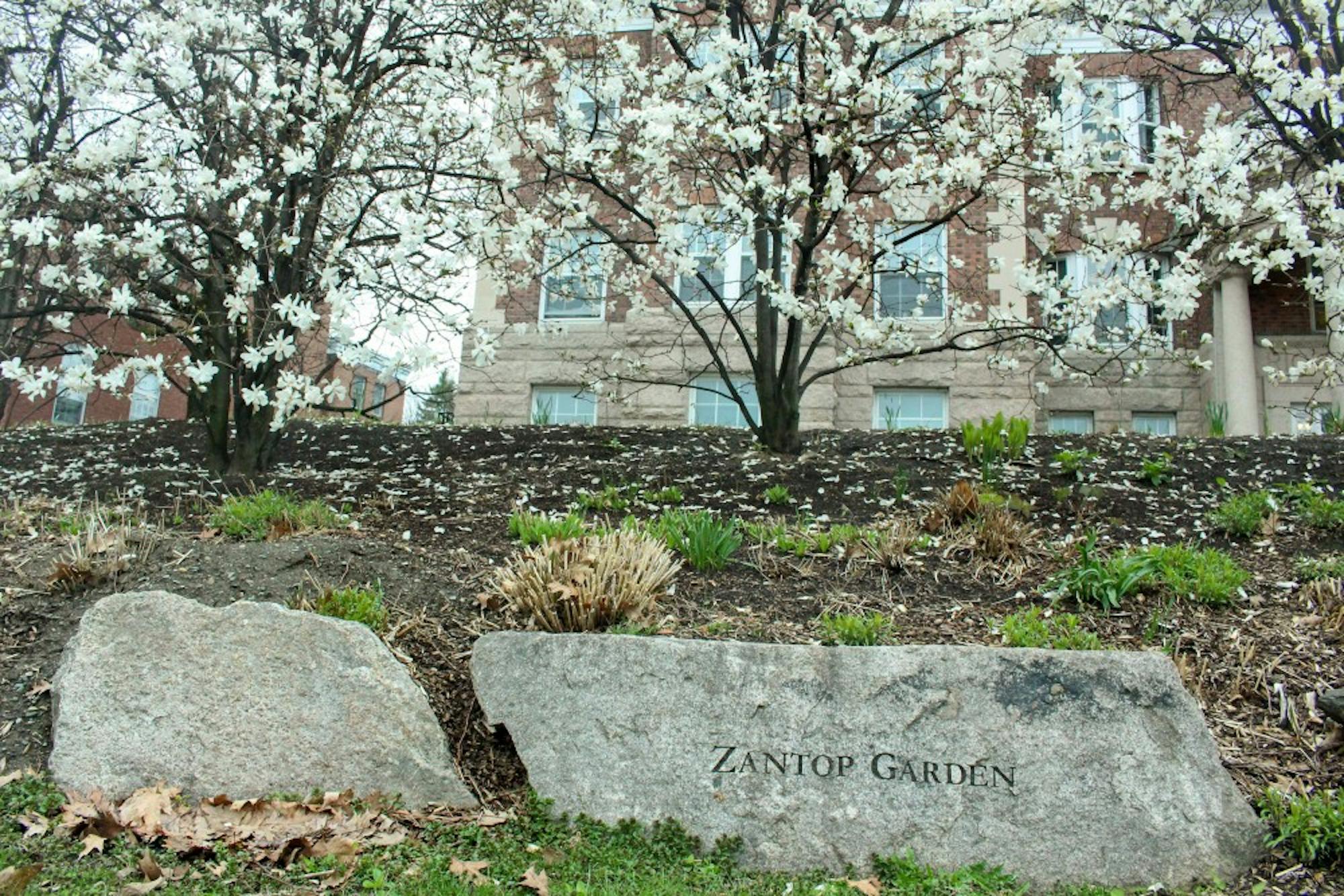Updated (April 18, 8:31 p.m.): On April 18, the New Hampshire State Parole Board granted Parker parole. According to CBS News, Parker’s lawyer and Department of Corrections staff said he had taken steps to “rehabilitate himself and make life better” for his fellow inmates, earning a bachelor’s degree and a master’s degree while incarcerated. Parker can be released as early as May.
Tulloch is currently scheduled for a resentencing hearing in June.
James Parker, who was convicted of second-degree murder in 2002 for the death of German language and comparative literature professor Susanne Zantop, is up for parole in May. Parker is currently serving a sentence of 25 years to life.
In January 2001, Chelsea High School students Parker and Robert Tulloch, posing as students conducting a survey, entered the residence of Half and Susanne Zantop to rob and murder them, according to past reporting by The Dartmouth. A friend who was visiting the Zantops for dinner discovered their bodies.
The two fled and were apprehended in Indiana days later. According to The New York Times, New Hampshire state police identified Parker and Tulloch through sales records from the knife sheaths they left behind. Prosecutors said the pair planned to steal ATM cards and escape to Australia.
Susanne was the chair of the German department, and Half was a professor in the Earth science department.
Tulloch pleaded guilty to the first-degree murder of Half and was sentenced to life without the possibility of parole, according to past reporting by The Dartmouth. Parker pleaded guilty to the second-degree murder of Susanne. His plea deal included the possibility of parole in return for testifying against Tulloch.
In 2019, Parker sought early release from his sentence because he believed he had been a “model” prisoner and rehabilitated himself, according to his appeal. However, he later withdrew his appeal for early release following objections from the Zantop family, according to the Valley News.
Earth science professor Leslie Sonder, Half’s former colleague, wrote in an email statement to The Dartmouth that the College community felt “universal … shock and grief” when they learned of the Zantop’s deaths, followed by “horror” as the details of the murders were revealed.
“Some people were also a little fearful — were the then-unknown perpetrators targeting Dartmouth faculty or staff?” Sonder wrote. “As time passed and the who and why became clear, then grief was by far the strongest emotion.”
Charles Kim ’95, who participated in a study abroad program directed by Susanne and accompanied by Half, said the Dartmouth community was left in “disbelief” after the murders.
“You just don’t think your professors will be murdered in their home,” Kim said.
Laura Walker ’95, who Susanne advised for her senior thesis, was attending graduate school in Sweden when she learned of the murders.
“It was so shocking,” Walker said. “It was pretty surreal that something like that would happen, especially in such a small town.”
Some community members expressed concern over the prospect of Parker’s release from prison. Walker, for example, said she was “surprised” after reading on Facebook that Parker was up for parole because of the “brutal and barbaric” nature of the murders. She said she had expected both Tulloch and Parker to spend life in prison without parole.
“[The murders don’t] feel that long ago to me … so the thought that it could have been long enough already for someone to have sat in prison and experienced the right level of punishment doesn’t make sense to me,” Walker said. “That span of time, in my perception, is not a super long time.”
However, others expressed more ambivalence about Parker’s potential release from prison. Sonder wrote that she does not have “a strong opinion” about the possibility of Parker’s parole because she does not know how he currently feels about his actions.
“I have no knowledge of Parker and how he may or may not have matured in 20-plus years and how he feels about what he did as a teenager, so I can’t judge whether he deserves parole or not,” Sonder wrote.
The passage of time has not diminished the legacy of the Zantops within the Dartmouth community. According to the College’s website, the comparative literature department holds an annual Zantop Memorial Lecture for professors. Each year since 2002, the department has also invited a scholar who — like Susanne — has demonstrated a strong investment in the lives of students to give a lecture at the College. The Zantop Garden between Rollins Chapel and Wheeler Hall also honors the two professors with plantings and rocks taken from the Dartmouth Grant, according to the College website.
Half and Susanne impacted both student and faculty members of the Dartmouth community. Sonder wrote that Half was “beloved” for his evenhandedness and approachability, while Kim emphasized the couple’s focus on students.
“[The Zantops] went beyond just simply teaching,” Kim said. “You could really tell that they really cared about the students.”




